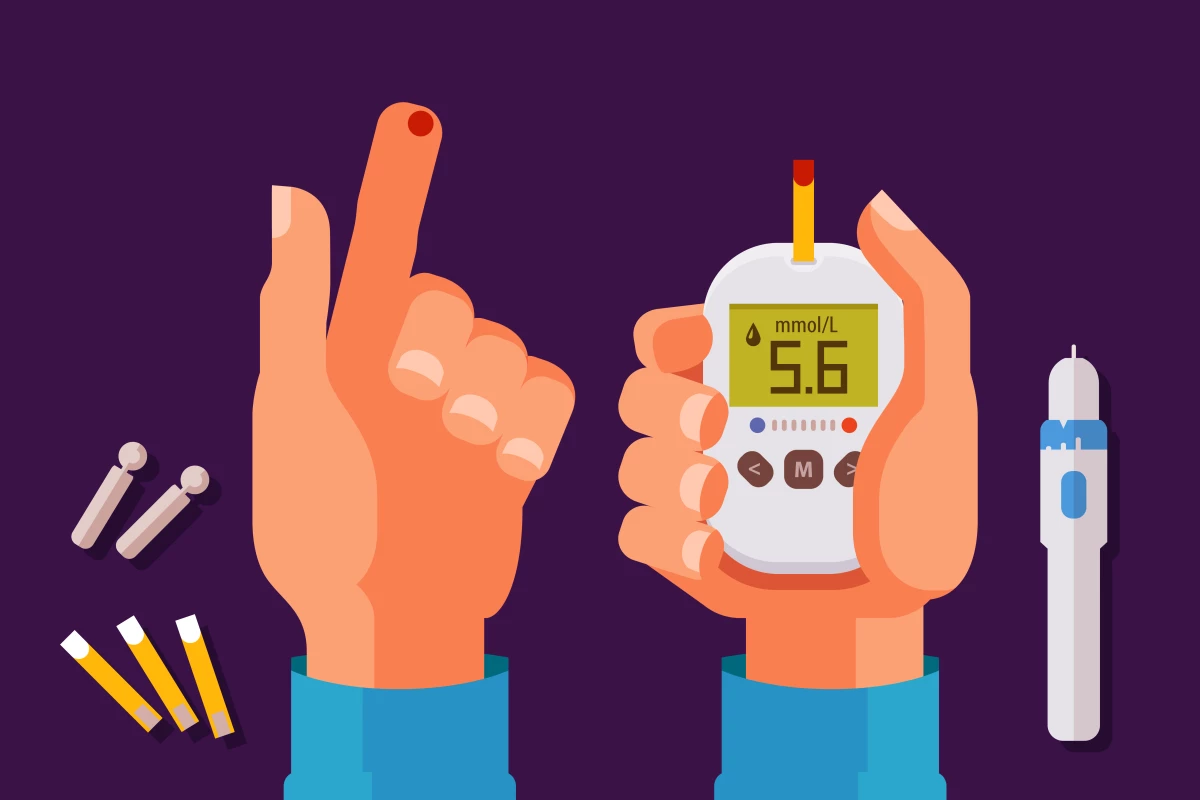A team of researchers from the University of Oxford has shed light on the mystery of exactly how high blood glucose leads to type 2 diabetes. The discovery reveals glucose metabolites can damage pancreatic beta cells leading to the progression of type 2 diabetes, and disrupting this process could offer a new way to treat the disease.
The International Diabetes Federation estimates over half a billion people around the world are currently living with diabetes, and the vast majority of them suffer from type 2 diabetes. The disease is characterized by hyperglycemia, where high levels of glucose circulate in the bloodstream.
Researchers have long known that type 2 diabetes is largely a result of poor diet and a lack of exercise. Chronically high sugar consumption leads to type 2 diabetes by damaging the body's ability to release insulin, the hormone known to lower blood glucose levels.
What researchers haven't clearly understood was exactly how chronic high blood glucose levels damage our insulin-producing beta cells. Elizabeth Haythorne, one of the lead researchers on the new study, had previously established that chronic hyperglycemia can damage beta cells so the next step was to work out exactly how this damage was occurring.
"We realized that we next needed to understand how glucose damages beta-cell function, so we can think about how we might stop it and so slow the seemingly inexorable decline in beta-cell function in T2D," explained Haythorne.
Across a series of animal studies and cultured cell investigations the researchers discovered it isn't glucose itself that is impairing the function of insulin-producing beta cells, but products generated through the process of metabolizing glucose. The researchers are still unclear exactly what specific glucose metabolites trigger this process but they do clearly demonstrate that inhibiting the metabolism of glucose can maintain insulin production, even in the presence of high blood glucose levels.
Interestingly, this finding is somewhat counter-intuitive, with the researchers revealing blocking the process of glucose metabolism, by inhibiting an enzyme called glucokinase, actually improved insulin secretion in animals. Frances Ashcroft, another researcher working on the study, said this finding is the opposite of what had previously been trialed to treat type 2 diabetes (T2D).
"Because glucose metabolism normally stimulates insulin secretion, it was previously hypothesized that increasing glucose metabolism would enhance insulin secretion in T2D and glucokinase activators were trialed, with varying results," noted Ashcroft. "Our data suggests that glucokinase activators could have an adverse effect and, somewhat counter-intuitively, that a glucokinase inhibitor might be a better strategy to treat T2D."
Ashcroft does stress these findings are still very preliminary, so plenty more work is needed before this kind of therapeutic approach reaches clinical use. But this landmark finding does reframe how we think about developing new ways to treat type 2 diabetes.
"This suggests a potential way in which the decline in beta-cell function in T2D might be slowed or prevented," added Ashcroft.
The new study was published in Nature Communications.
Source: University of Oxford




